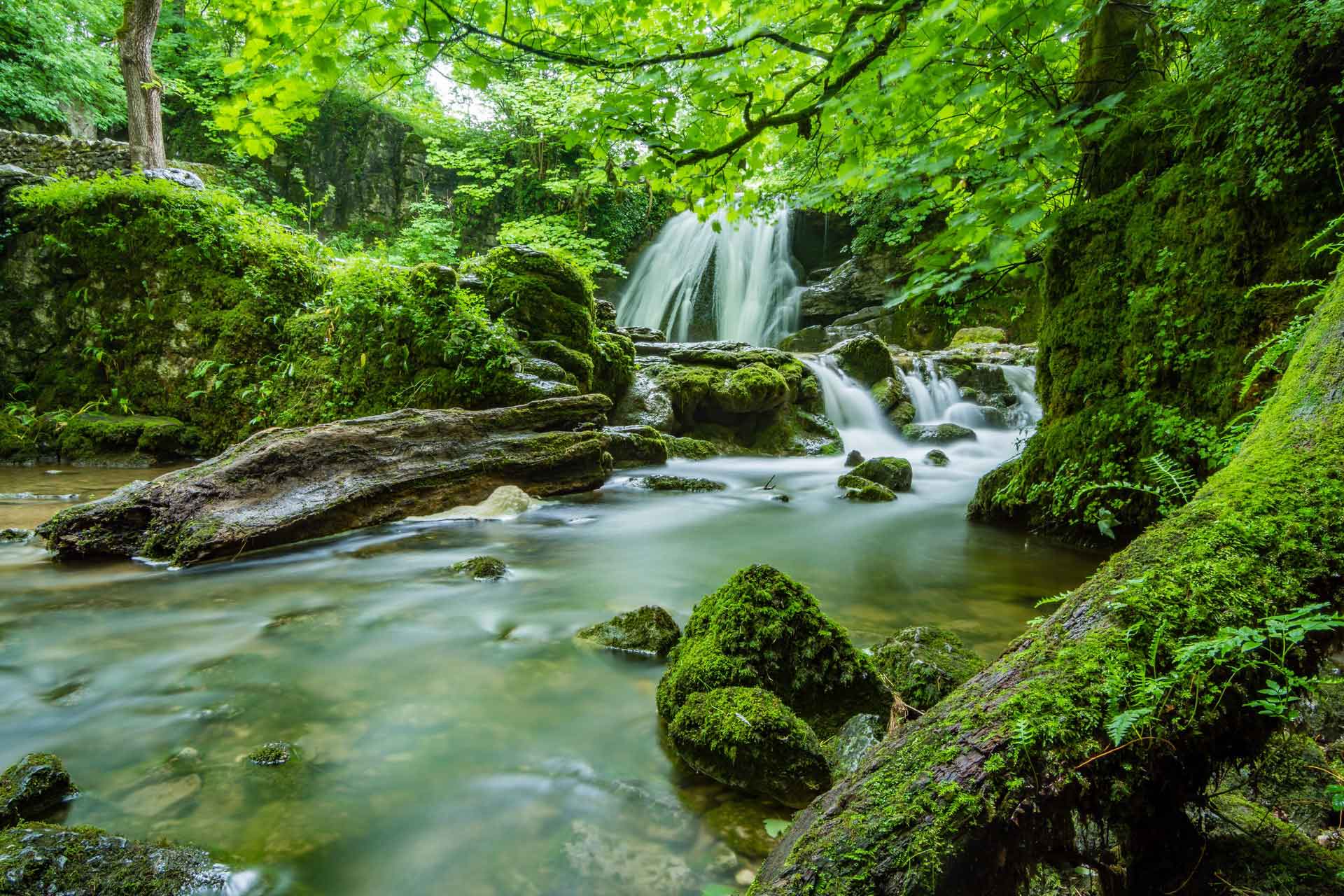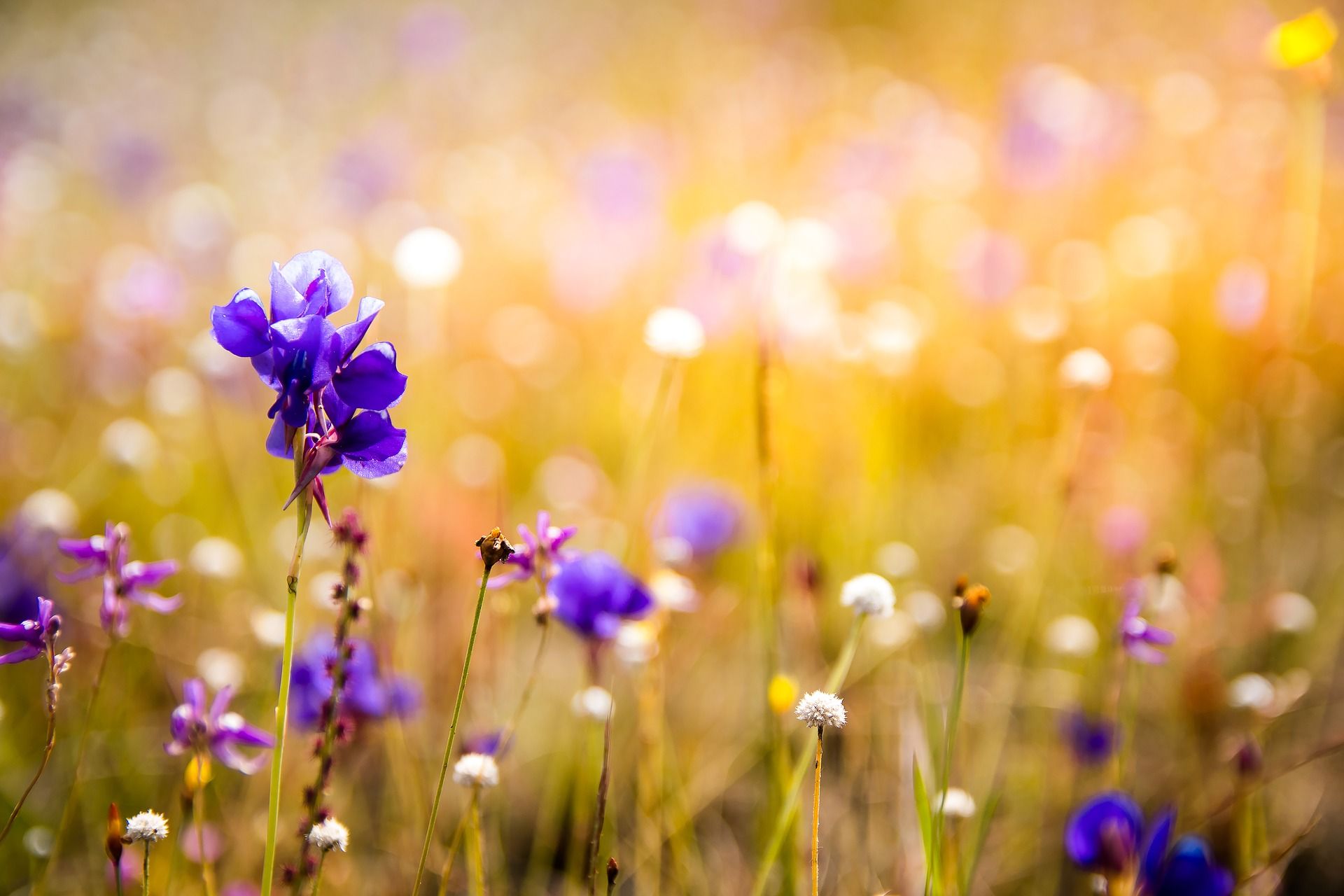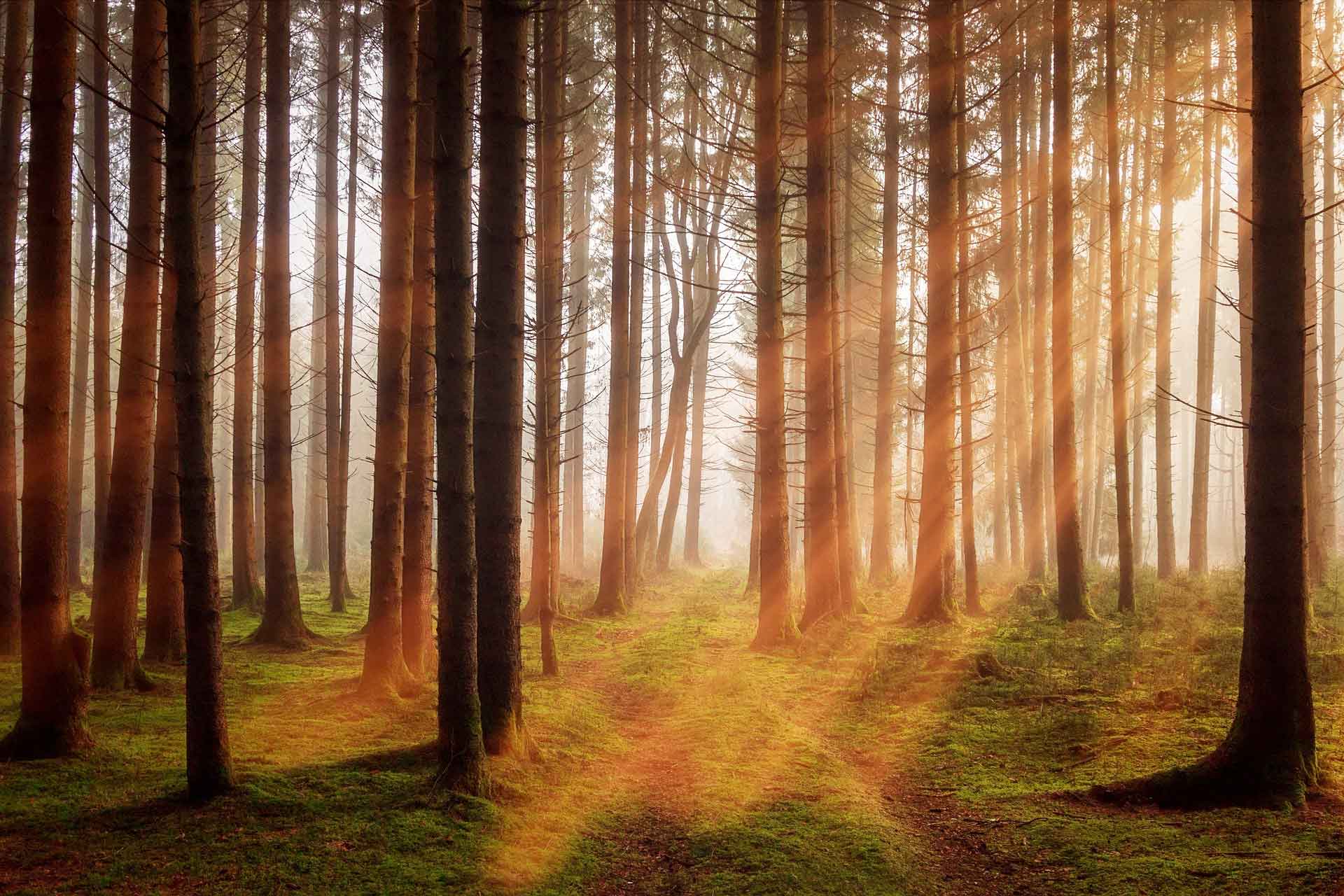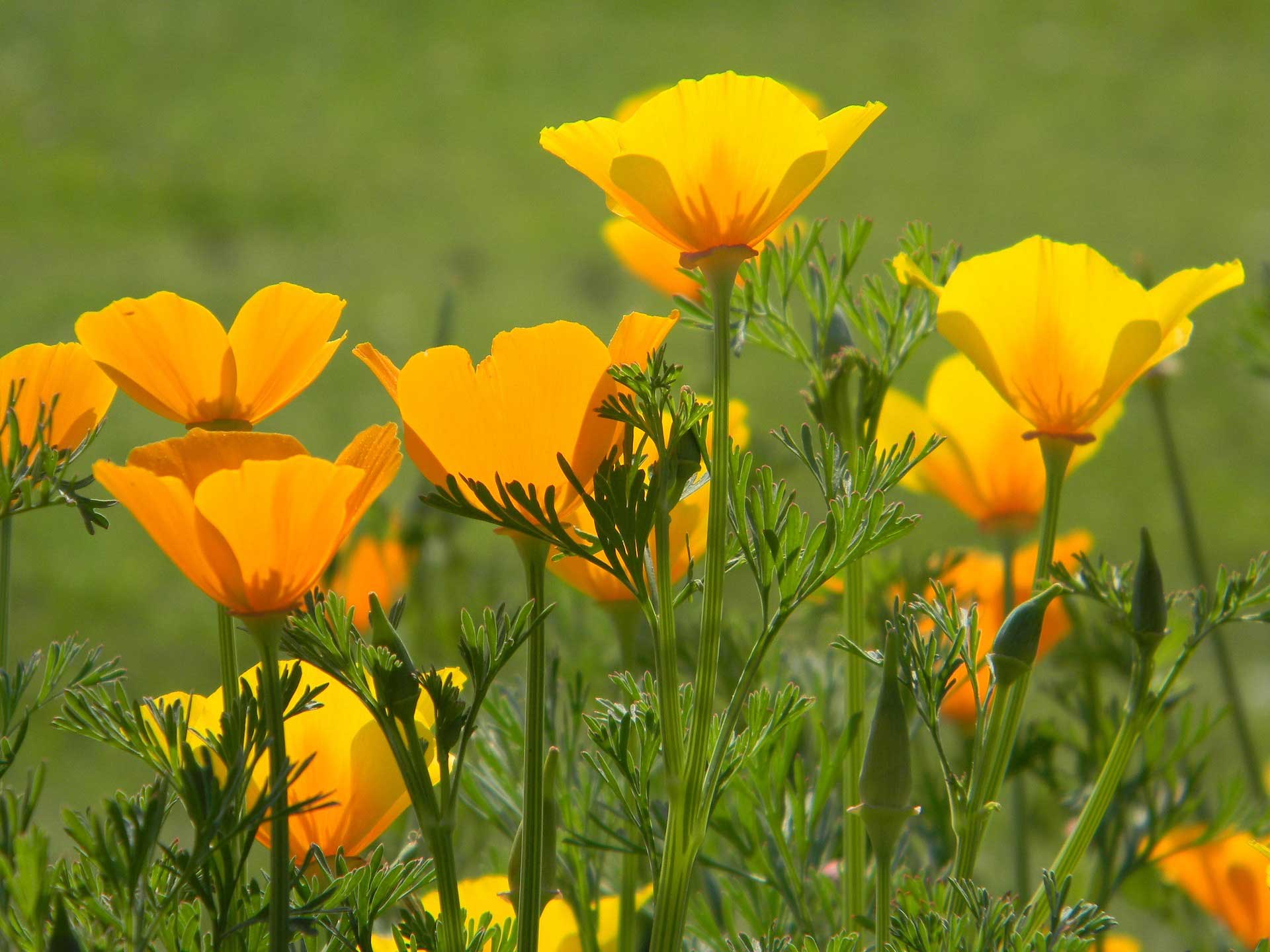 For several weeks, I’ve been contemplating the nature of many things in the universe, including the nature of the Divine. I believe and feel that God is the source of love, and indeed is the energy of Love itself.
For several weeks, I’ve been contemplating the nature of many things in the universe, including the nature of the Divine. I believe and feel that God is the source of love, and indeed is the energy of Love itself.
But in further exploring this idea, I realized that I needed to more deeply understand what I felt about the Divine. If God is Love, then what is Love? Because we all have different experiences and interpretations of love, it may cloud our true understanding of what that Infinite Consciousness or Intelligence is. We must come to a clear understanding of what Love is in order to understand God.
Many of us, consciously or unconsciously, have ideas of love. Some are based on what we did or didn’t receive as children growing up. Other ideas come from relationships we’ve had. And still other concepts come from what we’ve observed in the world or read in books.
Most of us base our concepts of love on what we feel inside. While I respect the power of feelings and the importance of honoring them and working with them, it can be a little deceptive to interpret love simply based on what we feel.
Why is that deceptive? Because feelings change. For example, many of us think we feel love when we’re “falling in love” with someone. We’re elated, we feel great, the world looks rosy. The thrill of being loved by another is ecstatic. It can be lusty, romantic, sweet, and make us feel worthwhile. At the same time, if circumstances change and we are rejected or betrayed, that same love can feel like jealousy, rage, despair, or hopelessness.
Is that love?
We often think of love when we think of our children. Certainly, there’s nothing like the love that a mother or father has for their child. It is elating, especially in those first weeks after birth. It is joyous, like when our little girl or boy runs to us with arms wide and throws themselves into our embrace. Being loved by a child touches us deeply, inspiring in us joy, responsibility, pride, and nurturance.
But this love also is painful, like the first time our toddler hits their head and cries like the world is over, or when they’re in bed with a fever. Our hearts ache for them, and we so much want to take away their suffering. Love for our children is also painful when our teen says they hate us, or slams the door on us. When our children don’t behave the way we want them to, love can feel like anger or frustration.
Is this really what love is? Does love change depending on the circumstance, or is love consistent, steady, always blissful? Or is it something else?
Well, clearly there are differences between the love we have for our favorite ice cream (love? really?), the love we have for our partner, the love we have for our parent or our children, and the love we have for the Divine. I could discuss the differences between them, but that’s really another article…
What I truly want to know and understand is, what is Divine Love? What is the Love, with a capital L, that I experience from and as God?
When I asked the question, answers started showing up. I was listening to a series of recordings by Dr. Vasant Lad, a renowned Ayurvedic doctor, about the essentials of the practice of Ayurveda, the health science of India. As he was describing the qualities of the 5th element, Space or Ether, he said something that surprised me. “Freedom is Love, and Love is Space.”
Huh? What did he mean by “Freedom is Love”? And why did he see Love as space?
It brought to mind the familiar quote: “If you love something, set it free. If it returns to you, it’s yours. If it doesn’t, it never was.” Giving someone the freedom to be who they are, without judgment or expectation, is a great act of love.
And that is exactly what the Divine has given us. The Creator gave us the universe in which to explore our lives, and the freedom to choose our actions, attitudes, and responses to life. So if the Divine is indeed Love itself, and it is everywhere present and infinite, then it makes sense that Love itself is that spaciousness of our universe and the freedom within it to explore, discover, and co-create.
A different take on Love comes from M. Scott Peck, author of the classic, The Road Less Traveled. He was, of course, describing love in relationship, but his view of love is just as applicable to the Sacred. Peck defines love as “the furthering of the growth of another.”
For lovers who choose to commit to a life together, or even just a season together, there is no greater love than supporting our partner in their evolution as a human and spiritual being. It is also what we sign up for as parents, nourishing the growth and development of our children.
Indeed, the Divine, too, seems to express as Love that furthers our spiritual evolution. Every situation and even every moment in life is rich with possibilities to learn, to open our hearts, to discover our true nature, and to expand our consciousness. We are given a grand universe and a life in which to grow and unfold into our greatest potential.
As I continued my query of What is Love, I remembered a sweet little book I had on a bookcase next to my desk at home. It’s called True Love, by Vietnamese Zen Buddhist monk Thich Nhat Hahn. Chapter number two says it very plainly: “To love, in the context of Buddhism, is above all to be there.” It’s presence.
He suggests that we practice this mantra with ourselves and those we love: “Dear One, I am here for you.” Don’t we feel most loved when someone takes the time to be present with us? To listen, to accept, to understand, to give us safe space to just be ourselves with them?
Whenever we are being present, we are Being Love. We recognize our connection to the one that we are present with. In that moment, we open to Oneness, to the Divine flowing through us, as us.
These three perspectives bring together, for me, a greater understanding of what Divine Love is. No wonder we all long for freedom, for space to be ourselves, for support in our growth, and for someone to be there for us. That is Love… and that is our greatest potential.
Do you have definitions of Divine Love to add to the list? Post them here!
Copyright @ 2013 by Rev. Connie L. Habash







